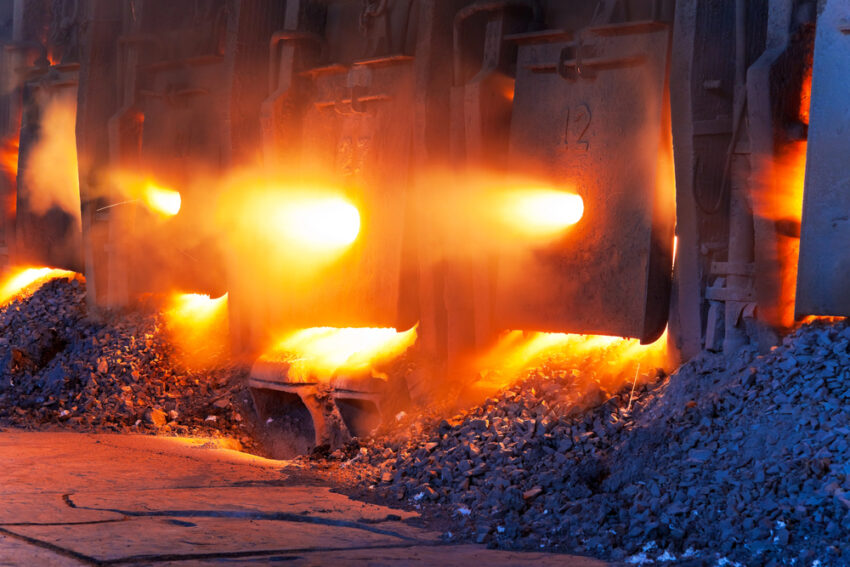
The unions call on the UK government to inject 200 million pounds in British Steel, in a recent attempt to maintain a son -in -law in Scunthorpe so that the alternatives to Arc Electric can be provided via the Internet.
The Syndicate community warns that without additional support, the rapid closure of the smelling fascination furnaces from Scunthorpe can provoke approximately 2000 immediate losses.
The Chinese group, owned by the Chinese Group Jingye, is committed to installing the EAFS electric arc ovens (EAFS) in Scunthorpe. However, the union leaders fear that the sudden closure of melting ovens, without a temporary plan, will destroy the local economy in Lincolnchyir and remove the main steel industry capabilities prematurely.
Roy Rikos, Secretary -General of Society, described the plan as a “road map towards a fair transmission” and a way to avoid “destroyed cliff edge” in job discounts. It believes that government intervention to cover 200 million pounds of carbon costs, which are imposed on adult pollutants, can keep each of the smelting ovens operating and maintaining income flows until EAFS is operated.
Syndex, consulting assigned by society, supports the issue of the union. He argues that government support for the financing of short -term carbon costs is the only way to make the operation of both ovens “financially financially”. Syndex warns of keeping only one oven or closing them, both very expensive, especially given the high fixed costs and possible loss to reach raw materials.
The request is followed by a separate step by the government to provide about 500 million pounds in favor of Tata Steel in India to upgrade the Port Talbot factory in Wales, a deal that included the closure of smelting ovens there, at a cost of 2500 jobs. The ministers pledged up to 2.5 billion pounds as additional support to help the British steel industry in the United Kingdom, but the details remain mysterious, and it is not clear how clear it may go to the British steel.
Business Secretary Jonathan Reynolds referred to a desire to “get rid of carbon without eliminating manufacturing”, as he launched a consultation on the steel strategy in the United Kingdom. However, a cocktail of global powers – such as an abundance of steel fed by the decline in construction in China and US tariffs by 25 % on steel imports – threatens prices, complicating the British switching to the most green operations.
While EAFS produces much lower carbon dioxide compared to traditional melting ovens, it requires additional facilities to convert iron ore for the steel industry. This infrastructure has not yet been established in the United Kingdom on a large scale, providing fears – especially among some politicians and defense officials – that the country can lose the basic manufacturing skills set if the laughing ovens in Scunthorpe have been subjected to the ball
Despite these concerns, the TUC Conference (TUC) says that the move quickly to modern, the cleaner technology is “vital” if the United Kingdom's steel will continue to compete globally. “It is necessary to continue to produce steel in Britain, and carbon is the only way we can do this in the long run,” the Secretary -General of Paul Novak insists.
Currently, British Steel admits that government talks are continuing, while emphasizing that “trade union partners will be an important part of this future.” The question remains whether the ministers will agree to pump an additional 200 million pounds, as it argues that society and Syndex argue that this is the only strategy that will provide Scunthorpe from wide repetition and maintain an increase.
The post Unions seek £200m from ministers to safeguard Scunthorpe steelworks as blast furnaces face closure first appeared on Investorempires.com.